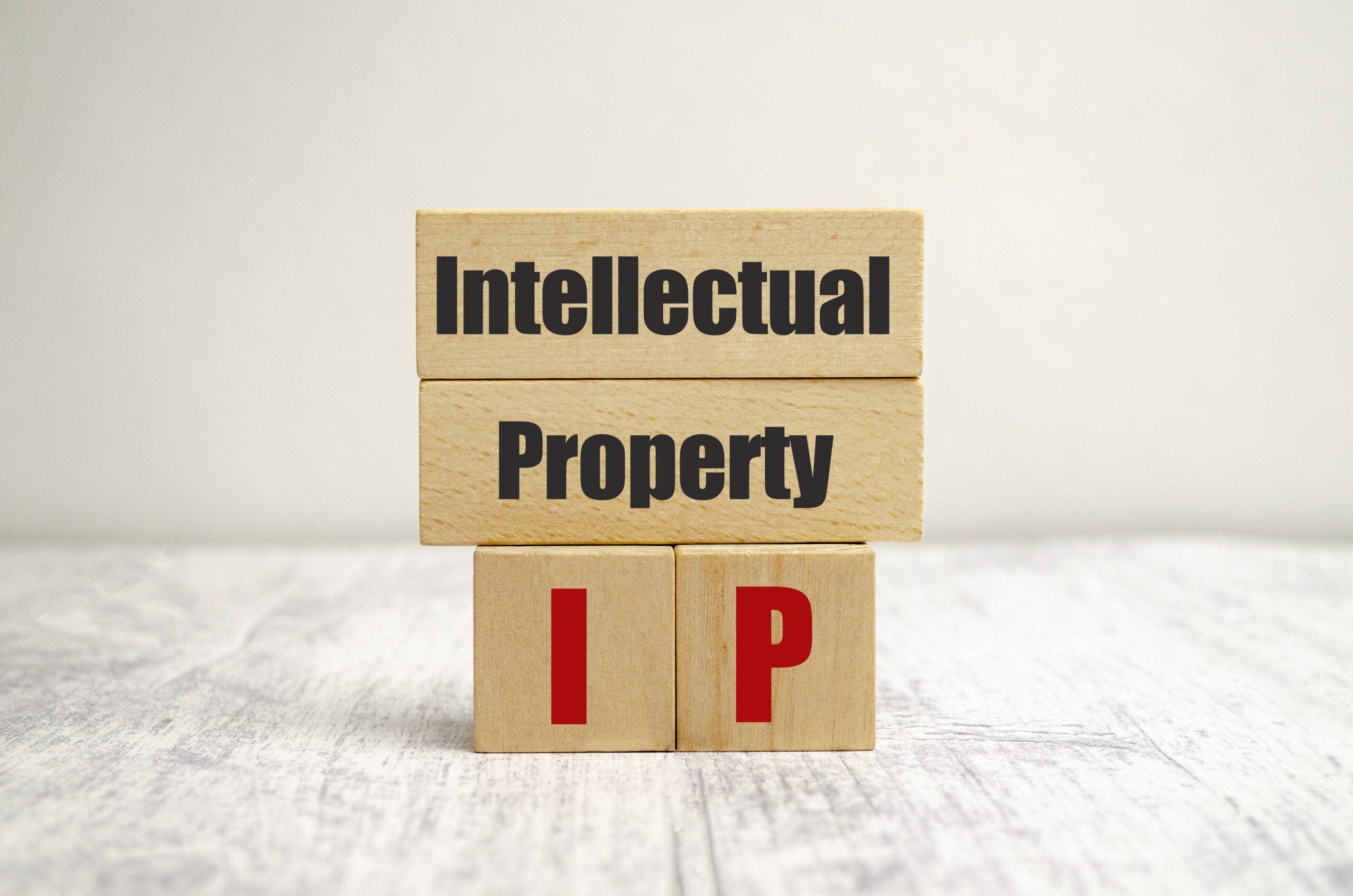Intellectual Property (IP) law imerged as a significant asset in corporate world, it is found to be vital part in the legal landscape, which impacts businesses, creators, artists, and innovators worldwide. Through this post, we will explore indepth fundamentals of Intellectual Property law, its importance, and its impat on different industries.
Intellectual properties can be divided into four categories:
- Trademarks
Trademarks is a well designed protect logo, which may be either a brand name, a slogan, or a special sign distinguishing one’s goods or services in the marketplace. The primary aim of a trademark is ensuring confusion among business consumers and protecting the reputation of a precious brand. Once a trademark is registered, it can exist, as long as it is activalely used or renewed. - Copyright
Copyright basically protects the original works of an author, which includes copyrights on music, books, films, paintings, softwares etc. It not only gives a creator an exclusive rights to license a work/ project, but also safegards the copyrighted item as long as the owner or interested party wants it to enjoy. All the contries haved their own laws on protection of copyright. protection commences itself on the creation work which generally lasts with the death of an author plus some additional years (it depends on the jurisdiction). - Trade Secrets
Trade secrets are considered confidential information about a business which includes methods, processes, or formulas which give us a competitive edge. Trade secrets can be protected for an infrinite period unlike patents. Some common examples of trade secredts include the Google’s search algorithms and recipe for Coca-Cola. - Patents
Patents safeguard technological innovations, and inventions which provides us with a novel and a useful solution for a problem. In case of exchange for exclusive rights for manufacturing, using, and selling an invention for a given period (which is usually 20 years), a person holding a patent must disclose publicly the information of his invention. It promotes the further innovation ensuring, inventor’s rights are protected.
Why Intellectual Property Matters?
Intellectual property law has been considered crucial for promoting creativity and innovation in the society with the help of granting some exclusive rights to innovators and creators, it ensures that they are secured to continue for bringing inventions and new works. Without intellectual property protection, any personal can steal ideas, easily copy them, leading to their unfair discouraging innovation and affect the market competition.
IP rights allow all the creators to monetize the their artistic, scientific, or innovatice work.
For example, authors selling or licensing their books to sellers and publishers etc.
Inventors selling their patents to corporates to earn huge revenue and companies use them to meet their financial goals.
Artists licensing songs using in film industry.
By safeguarding IP rights, creators are found to be able to control, their work which was used for commercial purposes and in some cases, they give them huge income.
How to Protect Intellectual Property
- Register Your Intellectual Property
Perheps some IPs are automatic like copyright, but in other forms of IPs, a formal registration or process is followed. For instance, patents and trademarks are needed to be registered with appropriate government or a designated office. A formal registration gives us public record of our rights and we can make it more easier to enforce IPs in the case of infringement. - Keep Records
Whether it is keeping drafts of our saving prototypes, writing of inventions, or documenting a development of trademark, maintaining of detailed information of our creative process is always essential. These records serve as an evidence if we at any time need to defend our IP rights. - License Your IP
License allows us to give permission to use an intellectual property for some consideration like fee etc. It is a great way to monetize our creations without losing any control. For example, softwares developers licensing their codes to other companies, or an artist licensing his artistic work for use in merchandise. - Enforce Our Rights
IP enforcing is important for protecting our innovative work. If someone infringes on our rights, we may take legal action, send letter to the authorities, or seek compensation. In some cases, IP owners may also file suit for injunctions for stoping infringing activities.
Common Pitfalls to Avoid
- Failing to Register: We know some IP rights are automatically granted, but registering an IP significantly enhances protection of our IP assets and enforcement becomes easier.
- Ignoring Licensing Agreements: We should be cautious while entering into an agreement for licensing. we must always ensure that terms are clear and enforceable, and consider consulting a lawyer to avoid increasing disputes down the road.
- Not Monitoring Use: Once we obtained IP rights, it is very important to monitor how the work is being used to ensure that no is infringing. Proactive monitoring helps prevent long-term issues.
Conclusion
Intellectual property laws are vital for entrepreniurs who create or innovate. Understanding the types of IPs and taking proactive steps to protect our work, can encourage innovations and secure our rights, even profit from our creations. If we are unsure as to how to proceed, it is always a good idea for us to consult an IP attorney who can guide us through the ensure process and our intellectual property is properly safeguarded.
Whether we are an entrepreneur, inventor, artist the power of intellectual property laws is something we should not ignor. It’s the cornerstone of protecting our creative efforts in a competitive business world.
Written by Adv. Harish
If you need further adjustments or additional content, let me know!

1 thought on “Unlocking the World of Intellectual Property: A Comprehensive Guide”